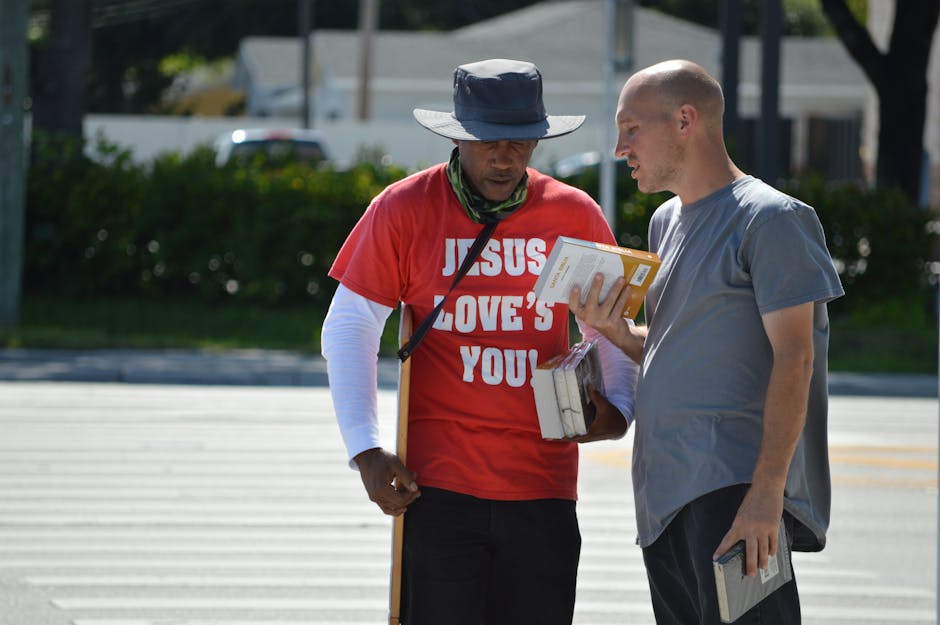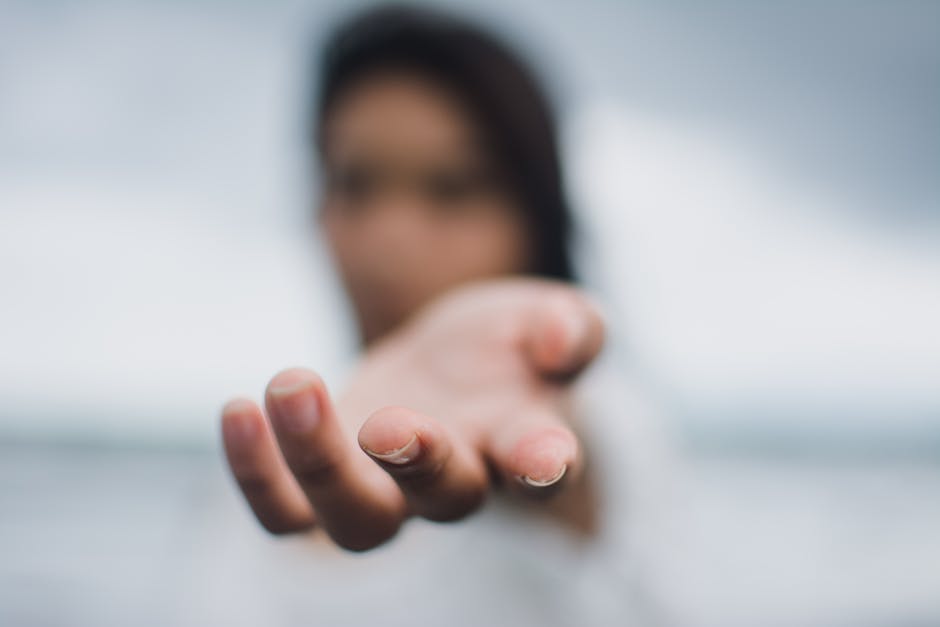Understanding Jury Selection and it’s Impact
Have you ever wondered how jurors are chosen for a trial? Jury selection plays a crucial role in the justice system. It can sway the outcome of a case significantly. In this article, we will dive deep into how jury selection works and why it matters.
What is Jury Selection?

Jury selection is the process of choosing individuals to serve on a jury for a legal case. The jury’s job is to listen to the evidence and make a fair decision. But how do we find the right people for this important task?
During jury selection, both the prosecution and defense can question potential jurors. They look for biases that might affect their decisions. The goal is to create a jury that will fairly evaluate the case.
Why Does Jury Selection Matter?

The jurys composition can greatly influence the trial’s outcome. An impartial jury helps ensure justice is served. Heres how:
- Diverse Perspectives: A diverse jury brings different viewpoints to the table.
- Fair Representation: It reflects the community’s demographics.
- Reduced Bias: A well-selected jury minimizes preconceived notions.
Research shows that jurors often bring their own life experiences into the courtroom. This can shape how they interpret evidence. So, the jury selection process is critical for achieving a fair trial.
How is a Jury Selected?

The selection process involves several steps:
- Jury Pool Creation: Potential jurors are selected from a larger group, often from voter registrations or driver’s license lists.
- Questioning (Voir Dire): Lawyers ask questions to determine biases. They want to know how a jurors background may affect their judgment.
- Challenges: Lawyers can challenge jurors they deem unsuitable. There are two types of challenges:
- Peremptory Challenges: Lawyers can dismiss a juror without stating a reason, but there are limits.
- For Cause Challenges: A lawyer must provide a reason to dismiss a juror, such as bias.
- Final Jury Selection: The chosen jurors are sworn in. They are now ready to hear the case.
This process ensures that jurors are as fair and impartial as possible. it’s a fundamental part of the legal system.
What Are Common Misconceptions About Jury Selection?

Many people have misunderstandings about how jury selection works. Here are a few:
- All Jurors Are Unbiased: Not true! Everyone has biases. The goal is to minimize their impact.
- Lawyers Choose the Jury Alone: The judge also plays a key role in the selection process.
- it’s a Random Process: While there are random elements, lawyers carefully select jurors based on many factors.
Understanding these misconceptions helps clarify how juries are formed.
What Influences Jury Selection?
Several factors play a role in jury selection. Here are some important influences:
- Demographics: Age, gender, and race can impact jurors views.
- Life Experience: Personal backgrounds shape how jurors interpret evidence.
- Community Attitudes: Local beliefs and cultures can influence a jurors decisions.
For example, a juror with a strong background in law might approach a case differently than someone without that experience.
How Does Jury Selection Impact Trials?
The outcome of a trial can hinge on the jury’s makeup. An interesting statistic is that studies show juries tend to side with the party that presents a relatable case. This highlights the importance of understanding jurors’ backgrounds.
For instance, in civil cases, jurors may lean towards empathy if they can relate to the plaintiffs situation. Conversely, in criminal cases, jurors may focus on the evidence presented. Thus, lawyers tailor their strategies based on the jury.
What Are the Challenges in Jury Selection?
Jury selection isn’t without it’s challenges. Here are some key hurdles:
- Implicit Bias: Even trained lawyers can overlook biases.
- Public Perception: Media coverage can influence jurors’ views even before the trial begins.
- Complex Cases: In intricate cases, understanding the evidence can be difficult for jurors, making their selection crucial.
These challenges underscore the need for careful jury selection.
How Can You Prepare for Jury Duty?
Being called for jury duty can feel daunting. Here are some tips to help you prepare:
- Understand Your Role: Know that your job is to listen and make fair decisions.
- Stay Open-Minded: Be ready to set aside personal opinions.
- Ask Questions: If unsure about something, don’t hesitate to ask the judge.
Remember, serving on a jury is a chance to contribute to justice.
What Are the Takeaways About Jury Selection?
Jury selection is a vital part of the legal process. It determines who hears a case and how they interpret the evidence. Here are some key takeaways:
- Jury Composition Matters: The makeup of a jury can influence trial outcomes.
- Understanding Biases: Everyone has biases, and it’s crucial to identify them.
- Prepare for Jury Duty: Engaging in your role increases the chances of a fair trial.
In conclusion, jury selection is more than just a formality. it’s a process that shapes justice. By understanding it better, we can appreciate it’s significance in our legal system.
For more insights, visit the American Bar Association’s resources on jury service: How Jury Selection Works
And if you’re curious about other aspects of the legal process, check out our post on understanding court procedures.



